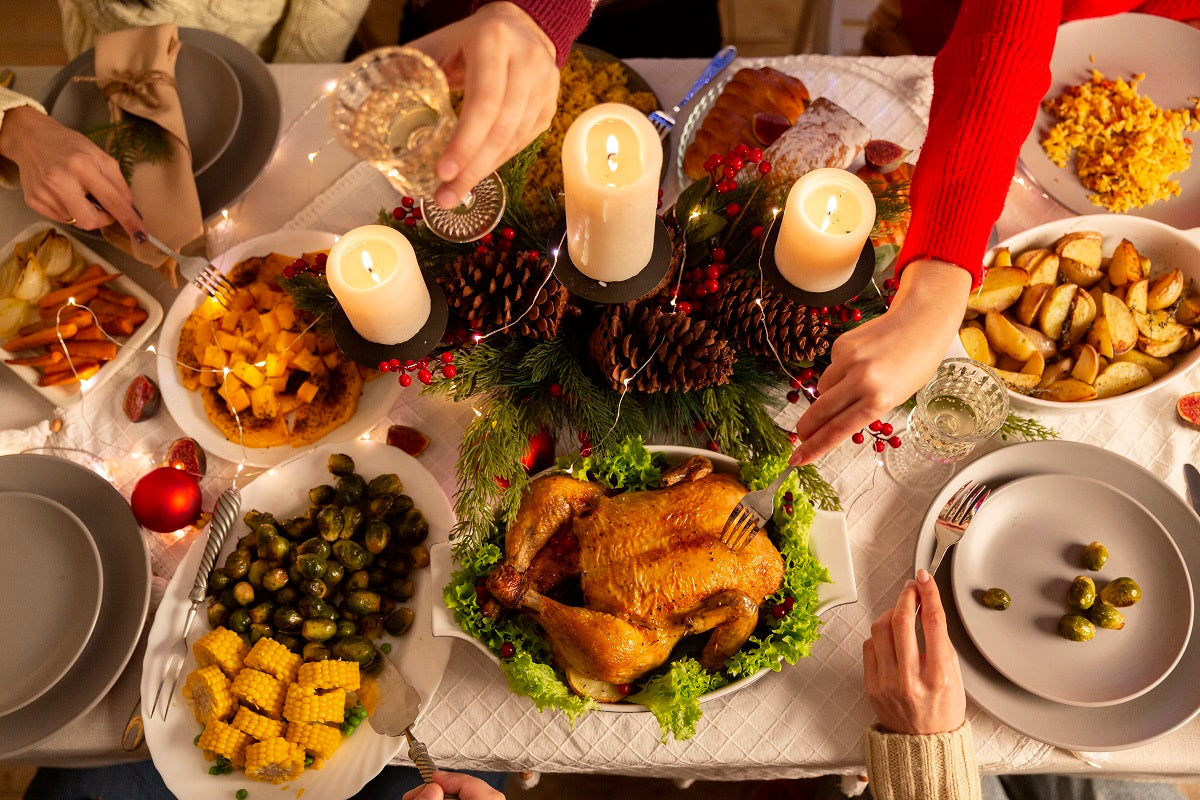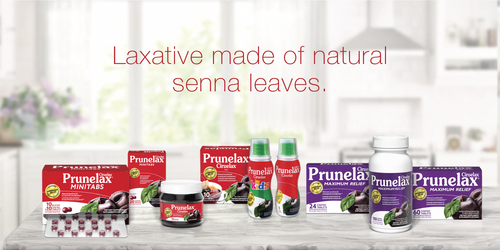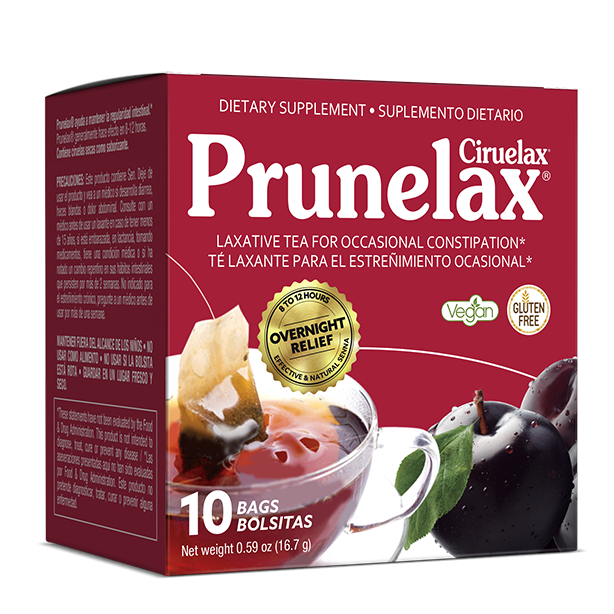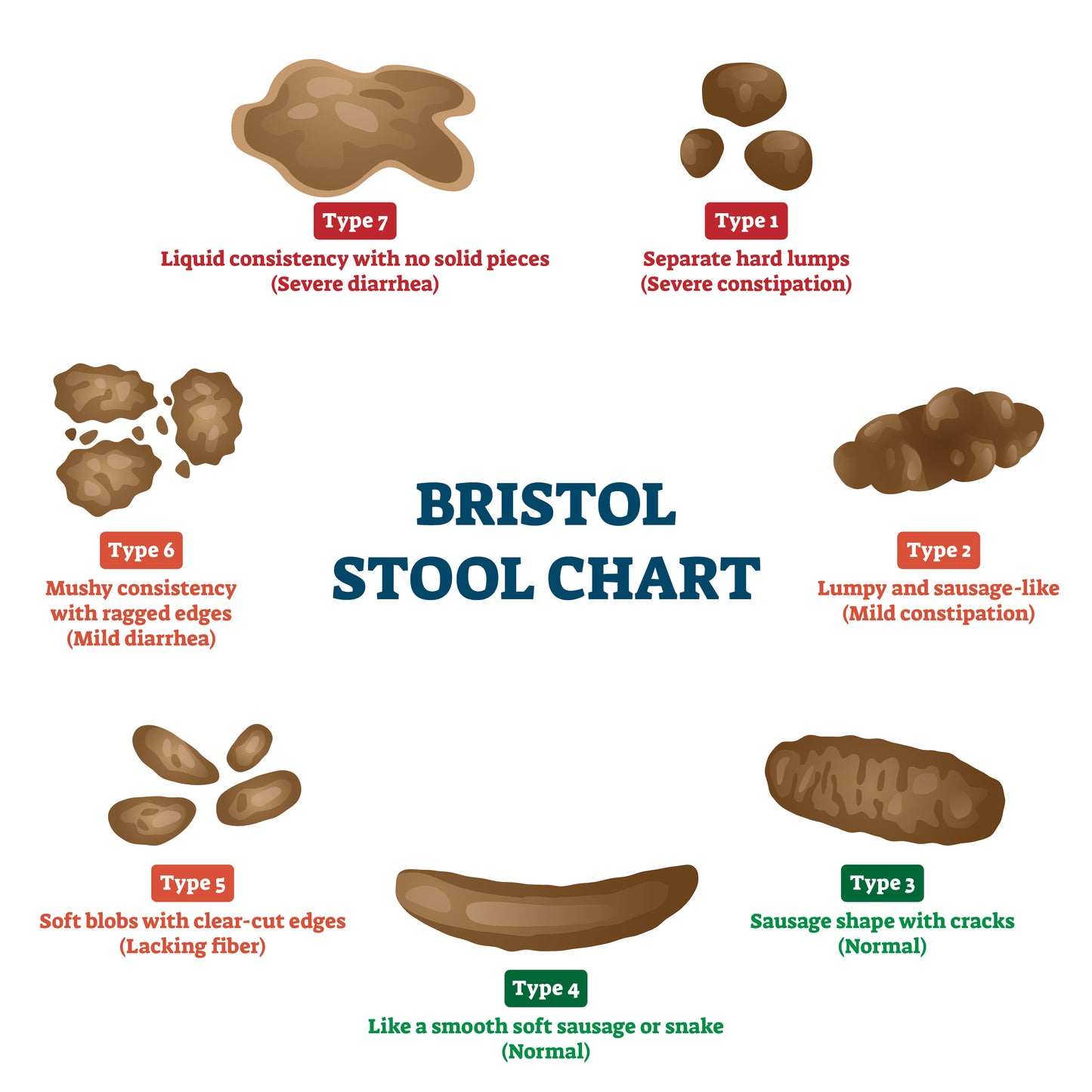Introduction
The holiday season has come and gone, leaving us with cherished memories, delightful gifts, and maybe a few extra pounds, as well as the occasional unwelcome guest – constipation. After weeks of indulging in rich, hearty meals and festive treats, it's not uncommon to find ourselves facing digestive discomfort. Fear not, though, because in this blog post, we're going to explore why overindulgence during the holidays can lead to occasional constipation and provide some effective ways to find relief.
The Culprit: Overindulgence and Constipation
Let's start by understanding how all that merrymaking and feasting can lead to occasional constipation. There are several key factors at play:
- Dietary Changes: During the holiday season, our diets often shift dramatically. We're more likely to consume large quantities of rich, fatty foods, sugary treats, and alcohol. These indulgences can disrupt the regularity of our digestive system and slow down bowel movements.
- Lack of Fiber: Festive foods aren't always known for their fiber content. Fiber is essential for promoting regularity in bowel movements, and when it's lacking in our holiday feasts, constipation can creep in.
- Dehydration: With all the holiday beverages and late-night celebrations, it's easy to become dehydrated. Dehydration can harden stool and make it difficult to pass, resulting in constipation.
- Stress: The holiday season, despite its joy, can also be a stressful time for many. Stress can have a significant impact on your digestive system, slowing down the passage of food through your intestines and leading to constipation.
Relief Strategies:
Now that we know why overindulgence can lead to constipation let's explore some effective ways to relieve it:
- Hydration: The first and most crucial step to relieve constipation is to ensure you're adequately hydrated. Drinking plenty of water helps soften stool, making it easier to pass. Herbal teas and water-rich fruits and vegetables, such as melons and cucumbers, are excellent choices as well.
- Increase Fiber Intake: Introduce more fiber into your post-holiday diet. Whole grains, legumes, fruits, and vegetables are excellent sources of fiber that can promote regular bowel movements.
- Exercise: Physical activity is an effective way to stimulate your digestive system. A short walk, yoga, or light exercises can help ease constipation and get your bowels moving.
- Avoid Trigger Foods: If you're experiencing constipation, it might be best to limit or avoid foods that can exacerbate the issue, such as dairy, red meat, and processed foods.
- Prunelax for Gentle Relief: When natural methods aren't providing the relief you need, Prunelax, a trusted natural-ingredient-based laxative, can be your ally. It's made from senna leaves, which are known to help soften stool and promote regular bowel movements. It's a gentle and natural option for relieving occasional constipation.*
Conclusion
The holiday season may have left you with occasional constipation, but with the right strategies and a little patience, you can find relief. Remember that overindulgence can slow down your digestive system, and making healthier choices post-holidays can help you get back on track. Whether it's staying hydrated, adding more fiber to your diet, staying active, avoiding trigger foods, or turning to a natural laxative like Prunelax, you have options to regain your digestive comfort. However, it's essential to remember that if your constipation persists or is accompanied by severe pain or other concerning symptoms, it's wise to consult with your doctor for a thorough evaluation and personalized guidance on managing your digestive health. Here's to a happy and healthy start to the new year, free from the discomfort of constipation, with the guidance and support of your healthcare provider.
*These statements have not been evaluated by the FDA. This product is not intended to diagnose, treat, cure prevent any disease.
Author: Virginia Catalán






